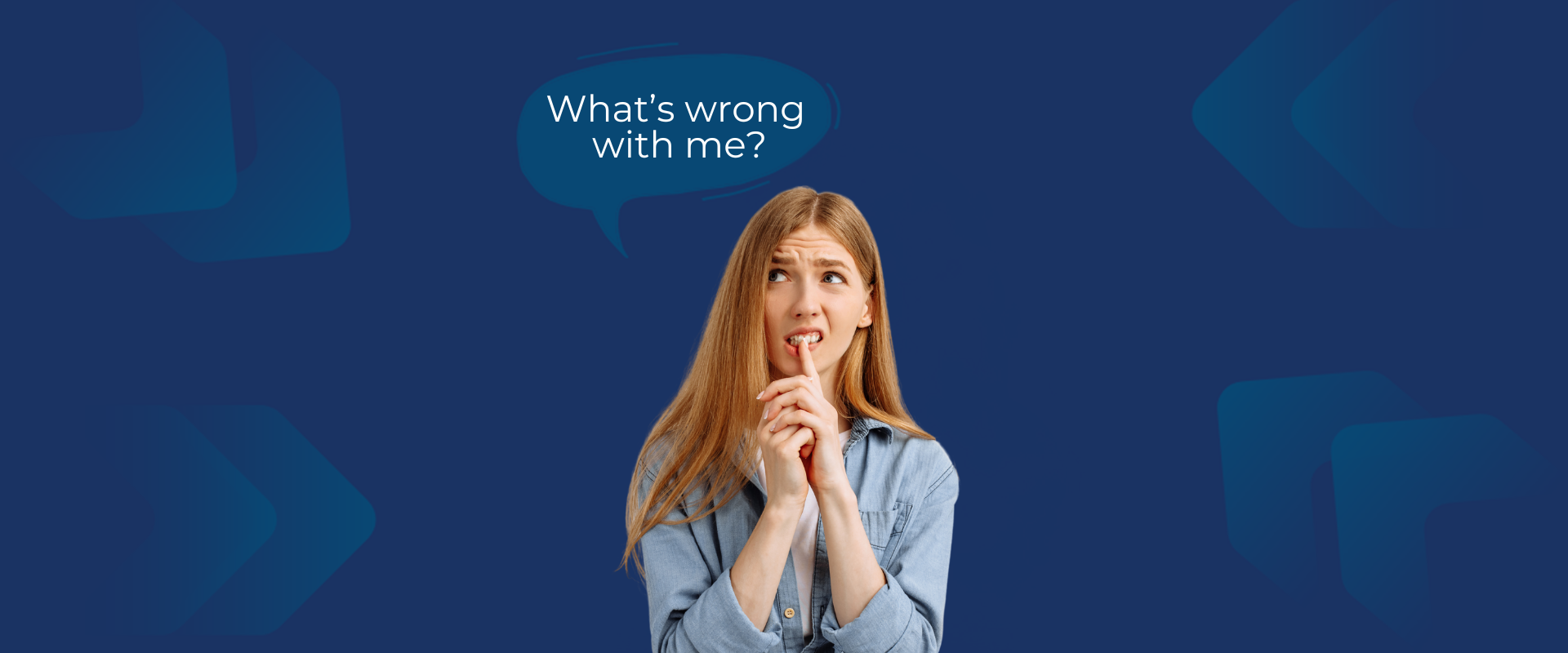
Dear AuDHD Auntie,
I was diagnosed with autism last year. I read stories about diagnosis being life-altering. But I am really struggling with the diagnosis. What's wrong with me?
Struggling Autistic
Dear Struggling Autistic
There is nothing wrong with you.
You might think, “How do you know? You don’t even know who I am.”
I know because there is no right way to experience a later-in-life autism diagnosis. Most people go through a whole myriad of feelings, questions, grief, relief, and other experiences in the wake of discovering their autism.
Your experience is valid. Everything you feel (or don’t feel) is valid.
I have spoken with hundreds of people who have been diagnosed autistic well into adulthood, and while there are many elements of the journey we may share, no two stories are exactly the same.
It’s a pretty huge deal to get information decades into life that changes everything about how we understand ourselves and the world around us. Maybe that is the life-altering part…because once we know this information about ourselves, we can’t go back to not knowing it.
Do you have a community of other late-diagnosed folks you can process with? If that feels too vulnerable, maybe consider talking with an autistic therapist or coach with lived-experience and an affirming practice. They might be able to help you sort through where you’re struggling.
Autism diagnosis doesn’t just affect us individually. As we begin to identify our needs and limits, we often must include other people in the accommodations and changes we make in our personal and professional lives. Making those adjustments can disrupt long-standing relationship dynamics, shift how we’re perceived in the workplace, and require uncomfortable change.
For those of us raised in the US, we have been conditioned by neurodominant culture to internalize ableist ways of thinking about our abilities and our worthiness. It starts early with things like perfect attendance awards, continuing through school, into social spaces, and throughout the workplace. Grappling with this conditioning ends up being a significant piece of the process for many late-identified/diagnosed autistics. Deconstructing neurodominant culture and building an internalized neuroinclusive relationship with self and others is work that an informed coach can help you navigate.
Bottom line: Learning that you’re autistic is a huge deal, and you don’t have to struggle alone.
XoXo, Auntie
To explore working with a NeuroSpark Health coach, click here to learn more about our providers and schedule a free 15-minute consultation.








